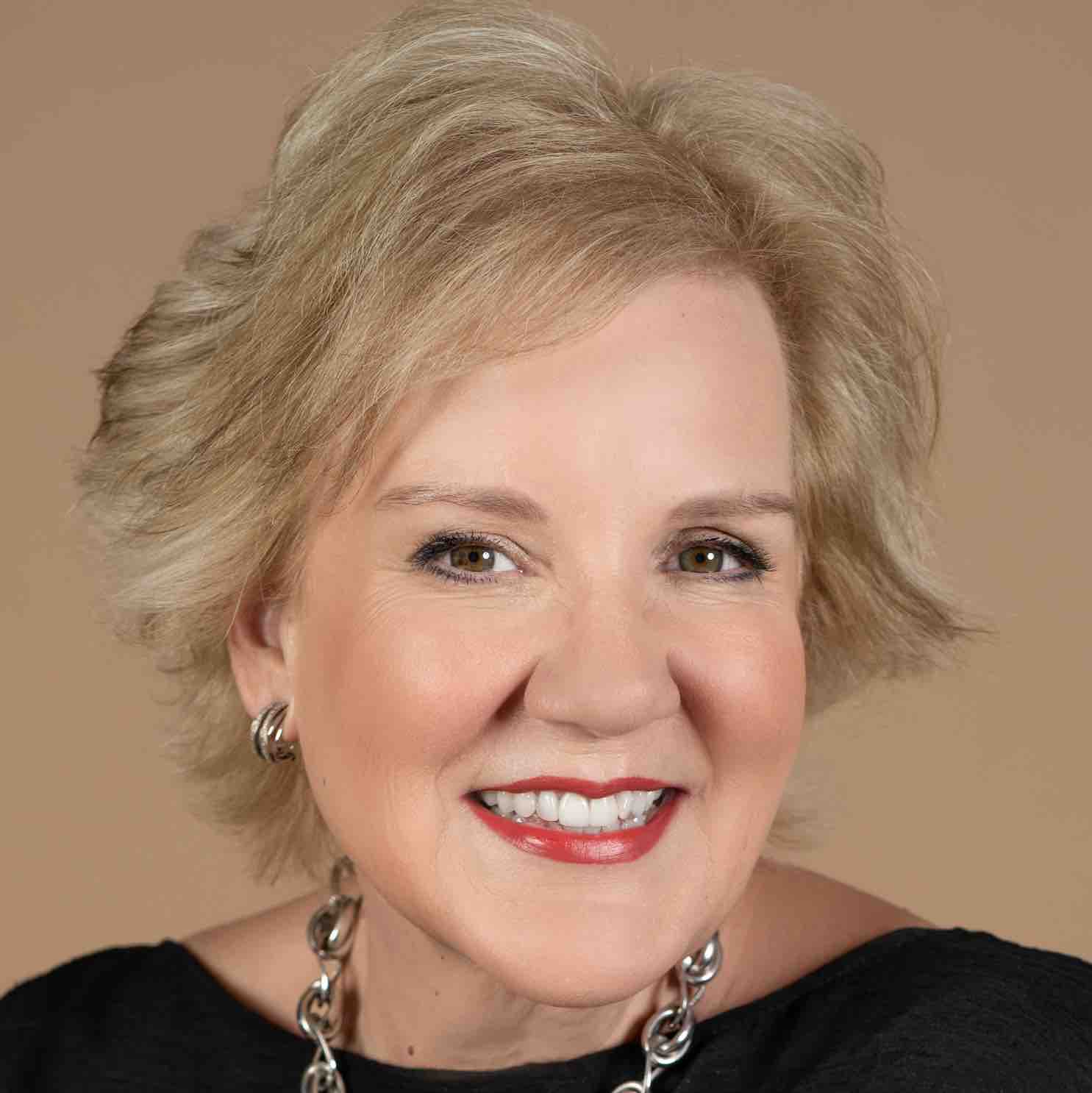3 minutes
Gen Xers and millennials have a lot to offer credit union boards.
It’s no secret. Our credit union boards are changing.
We know about the Great Resignation, the ecosystem pushing people to reconsider all aspects of their personal and work lives, including board service. There are demographic impacts as well. The graying of North American boards is in full swing with an estimated majority of for-profit boards seating voting members in the 60 to 69 age range. S&P 500 companies report the average age of their board members is nearly almost 64 years old.
So, what can credit unions do? Cultivating the next generation of board members is the right path. Specifically, look for age-diverse leadership from the Gen X and millennial demographics. Next-gen leadership ties directly to diversity, equity and inclusion, an issue that many credit unions are also discussing.
Where to Start
Starting with the Gen X demographic is good. Born between 1965 and 1995, Gen Xers are probably ready to handle board service. However, for the most part, they will need training and lessons in board governance.
Gen Xers are often fiscally conservative, comfortable with technology and wary of “the latest thing”—as they lived through The Great Recession and major shifts in American social norms. They were the first latchkey kids, with family structures that included working mothers. They are sometimes called the “sandwich generation” as they are still interacting with people in their parents’ Baby Boomer generation and some grandparents in addition to their own children, possibly with grandchildren on the way.
Gen Xers are thinking about the next generations of family as they become grandparents themselves and deal with changing family dynamics, including the loss of older generations. They are considering aspects of personal wealth management, career success and retirement in the not-to-distant future.
This demographic has a lot to think about and they do it all while controlling 25% of the nation’s wealth. And, yes, Gen Xers are a great target market for credit unions.
Next Up: Millennials
Next up for board recruitment would be millennials. This much-maligned demographic was born between 1981 and 1996. They represent one in three people in the American workforce, are 80 million strong and manage to spend about $200 billion living their very shared lives. For now, they only control about 5% of the nation’s wealth, but that is changing daily.
Millennials are highly engaged in new ways. They believe in higher education and have the college debt to prove it. They are the first native-tech generation, which positions them to believe that tech can solve everything. They are not fully driven by financial economics but rather social economics. This translates into a demographic that wants to have a broader lifestyle outside of work and makes them ripe for board service, committee work and volunteerism. In fact, millennials will monitor and associate their alignment with corporations, products and institutions that are active in the same causes they believe in. Think corporate social responsibility. This is a measurable that millennials are highly invested in tracking.
Millennials are also fintech-expectant. This means they won’t tolerate non-mobile consumerism. If they can’t deal with their life via a smartphone, there’s a bit of a problem. The millennial idea of customer service revolves less around the human consumer experience than intuitive user interfaces, artificial intelligence and integrated technology. This demographic is the credit union member of the future, and their voices are critical.
Get to Know Them
Convinced yet that your board needs to be cultivating the next generations of leadership? Being successful in recruiting from the next generations is all about understanding how these different demographic segments work, play and serve. Once we recognize how our next-gen leaders want to engage with the idea and the practice of board service, we can have stronger alliances and sustainable board leaders at the table.
Julia C. Patrick is founder/CEO of the American Nonprofit Academy.










